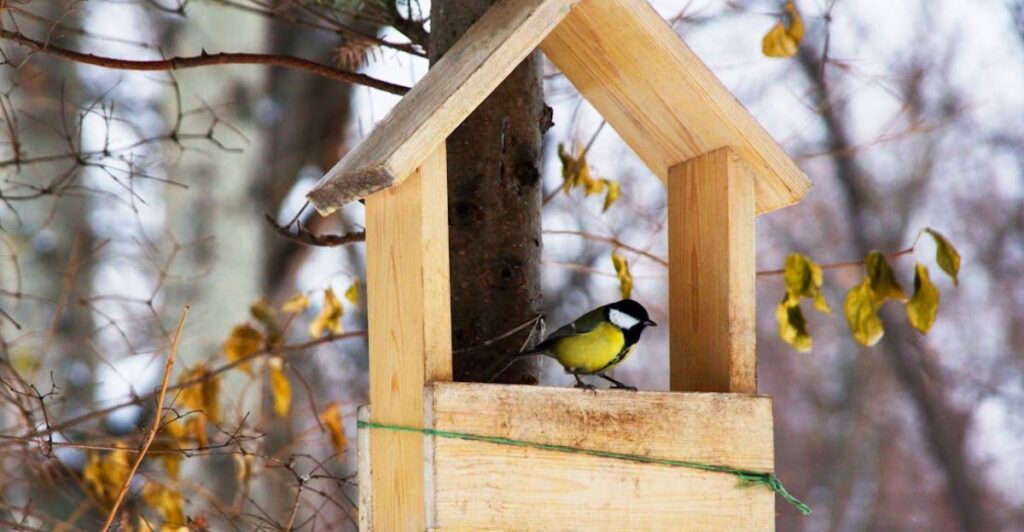
Aid for animals in crisis doesn’t demand grand gestures. Small efforts—constructing shelters, nurturing pollinator gardens, or pushing for stricter laws—can save countless lives. This list outlines simple yet impactful actions anyone can take to make a meaningful impact, regardless of resources or expertise.
1. Create Safe Havens for Stray Animals
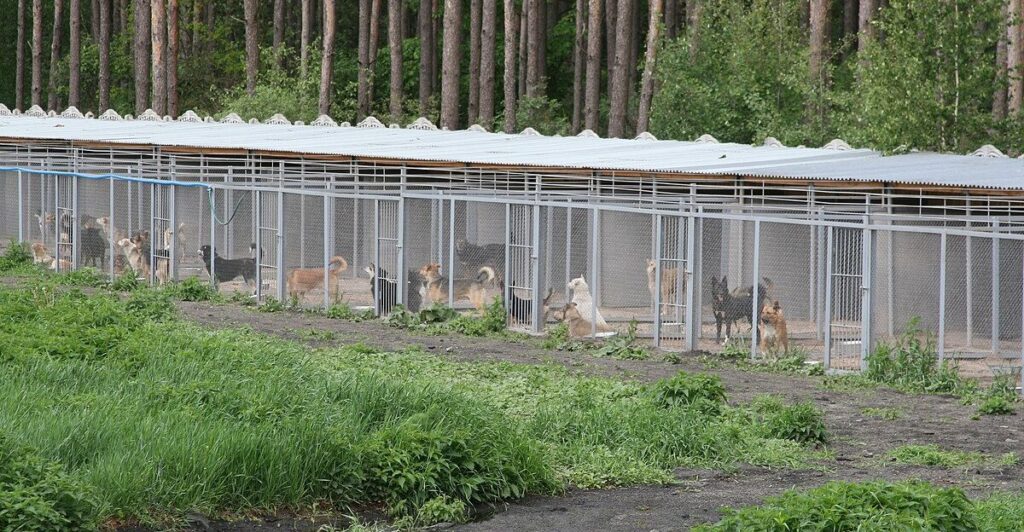
Stray animals often struggle to find safe places to rest. Simple shelters made from basic materials like wooden pallets and blankets can offer them relief during storms or cold nights. Community initiatives have shown that these efforts significantly reduce stray-related emergencies. Start small—even one shelter can make a difference.
2. Organize a Wildlife Walk for Awareness
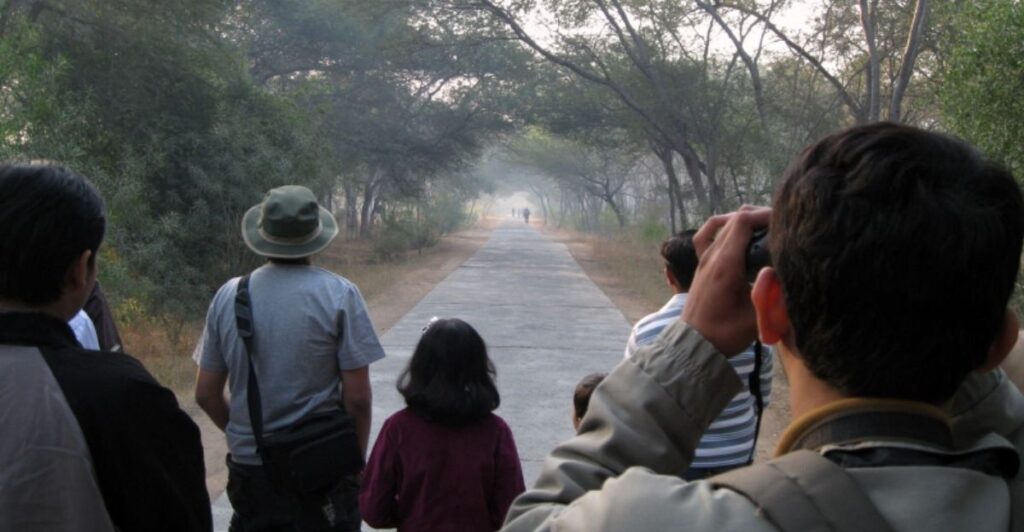
Wildlife walks educate communities about local species and their needs. Collaborate with experts to keep these events engaging and accurate. Bird-watching tours, for example, can raise funds for habitat restoration. Sharing rescue stories fosters emotional connections and motivates action.
3. Offer Free Pet Food in Your Neighborhood

During tough times, some families can’t afford essential pet supplies. Free pet food stations offer a solution to prevent abandonment. Data shows 20% of shelter surrenders are due to financial strain. Sustained by neighborly donations, this effort makes a real difference.
4. Build Nesting Spaces for Urban Birds
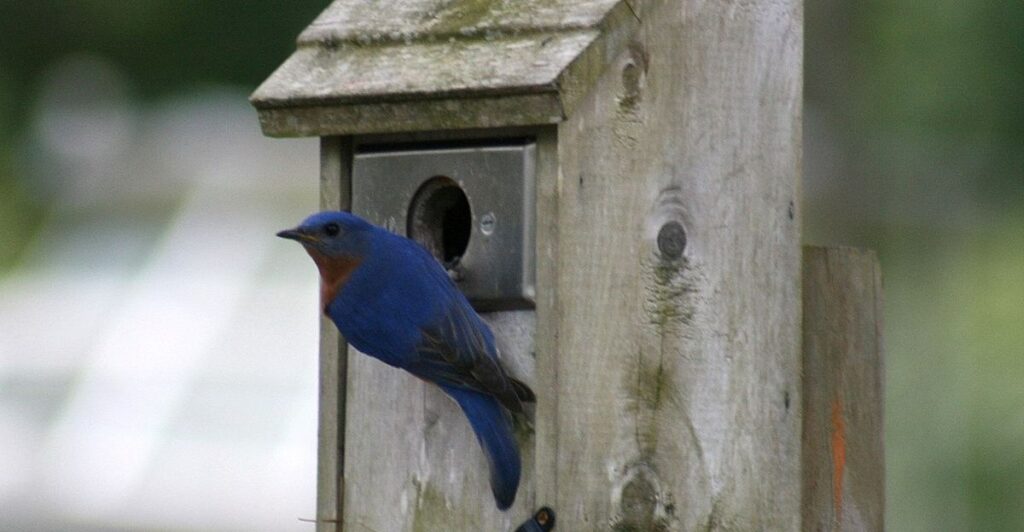
Urban spaces often lack natural spots for birds to nest. Thus, building birdhouses with eco-friendly materials can help species like sparrows and robins thrive. National programs like the Audubon Society show that birdhouses boost bird populations, especially when placed in community spaces.
5. Advocate for Stricter Anti-Poaching Laws

Your voice can influence legislation and protect endangered species. Poaching threatens animal populations across the globe. Support stronger wildlife trade laws by writing to lawmakers and signing petitions. Successes, like ivory trade bans, have already improved elephant conservation efforts.
6. Teach Compassion for Animals to Students
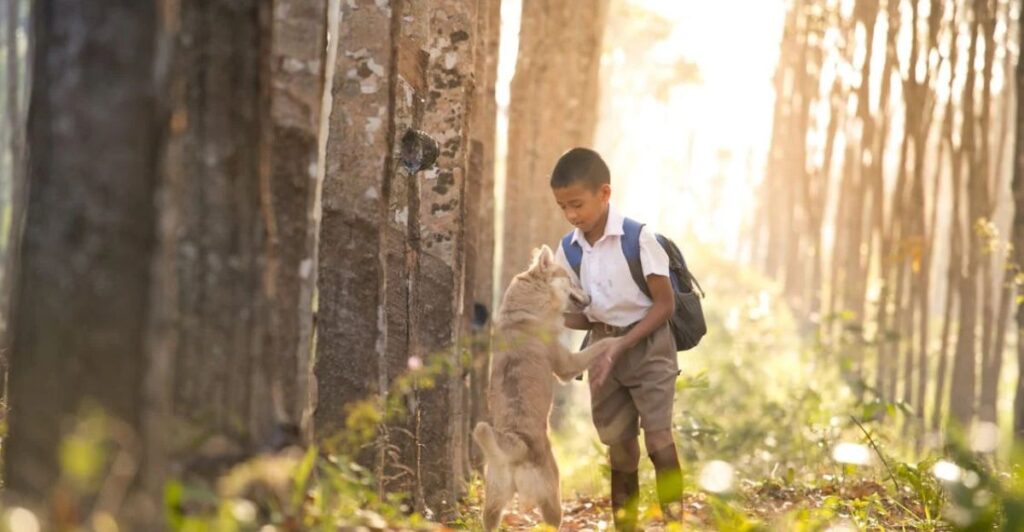
Schools can foster empathy for animals by hosting interactive workshops. When children hear stories of rescued pets or humane care practices, it leaves a lasting mark on their hearts. These humane education programs nurture kindness early, helping prevent neglect later in life.
7. Reduce Plastic Usage to Protect Marine Life

Plastic pollution is overwhelming our oceans—8 million tons of it enter the water every year, harming countless marine animals. Reusable bags, bottles, and straws may seem like small choices, but they make a big difference. Every step you take helps reduce the risk of entanglement and ingestion for vulnerable sea life.
8. Volunteer at Wildlife Rehabilitation Centers
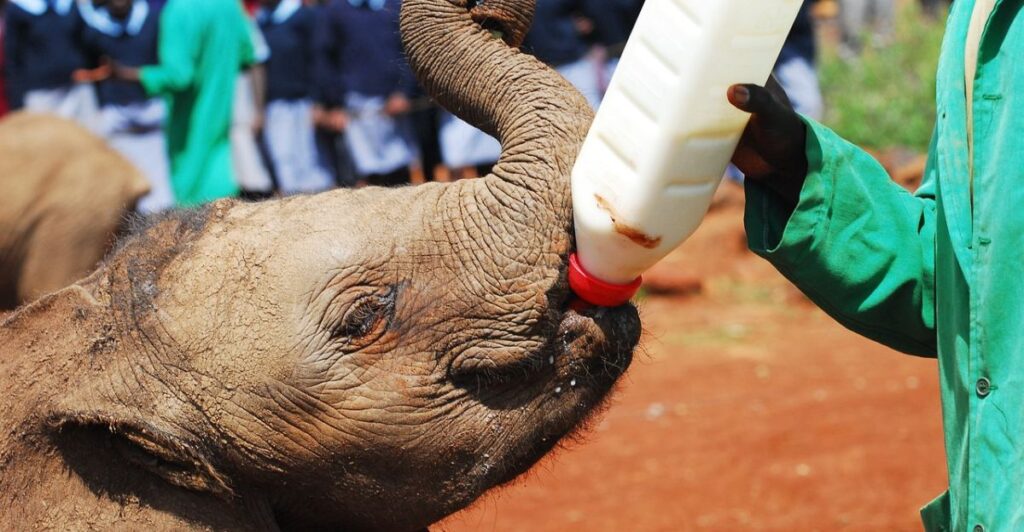
Wildlife centers need hands-on help with daily tasks like feeding, cleaning, and tending to injured animals. Volunteering just a few hours a week can boost recovery rates significantly. Rehabilitation experts often praise volunteers for their vital role, and there’s nothing more fulfilling than seeing an animal regain its freedom.
9. Start a Community Animal Emergency Fund

Unexpected emergencies—whether sudden vet bills or disaster rescues—can leave pet owners feeling helpless. Crowdfunding platforms make it easier to set up emergency funds and get financial help quickly. This support reduces animal suffering, and in critical moments, community-driven funds can truly save lives.
10. Host a Virtual Event for Animal Charities

Online fundraisers like webinars or auctions are efficient and far-reaching. To expand your audience, invite guest speakers from animal welfare organizations. Also, you can host virtual yoga classes, where proceeds support shelters and have proven successful. These events unite creativity with a meaningful mission.
11. Provide Winter Supplies for Outdoor Pets
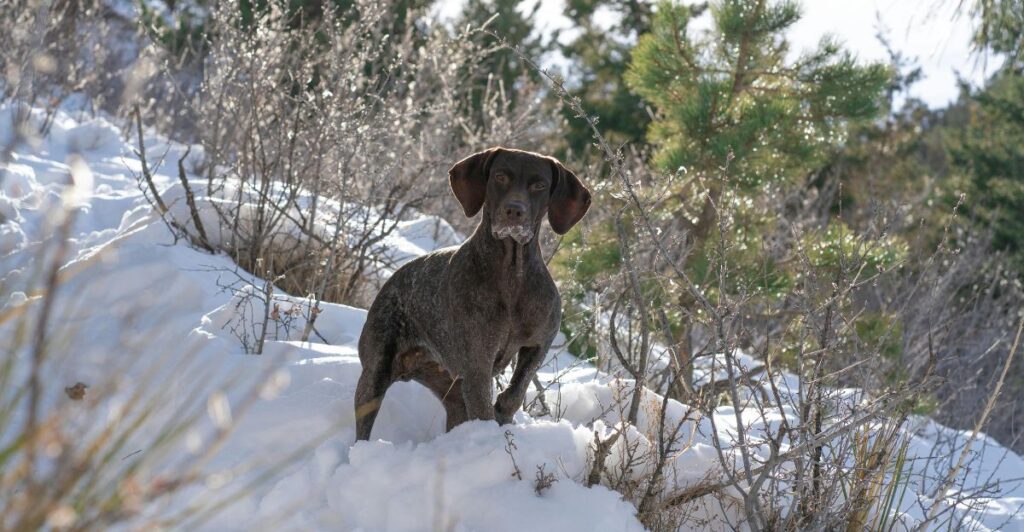
Outdoor pets face serious dangers in winter, with thousands dying from hypothermia each year, according to humane organizations. In such a situation, insulated kennels, warm bedding, and heated water bowls can save lives. Also, rally your neighbors to collect and distribute supplies to keep pets safe and warm.
12. Plant Pollinator-Friendly Gardens
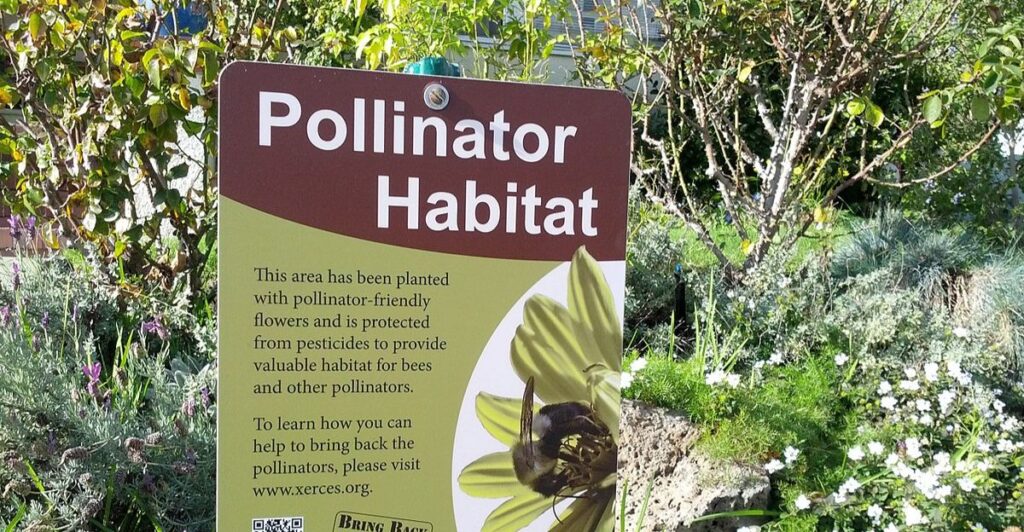
Native flower gardens are a lifeline for bees and butterflies, offering much-needed nectar. With pollinators declining rapidly, adding plants like milkweed helps monarchs thrive. Besides, converting empty spaces into pollinator-friendly areas can also create lasting ecological benefits.
Stay connected with us for more stories like this! Follow us to get the latest updates or hit the Follow button at the top of this article, and let us know what you think by leaving your feedback below. We’d love to hear from you!







